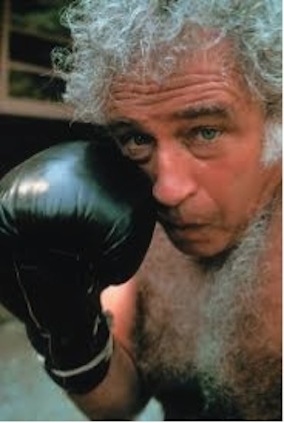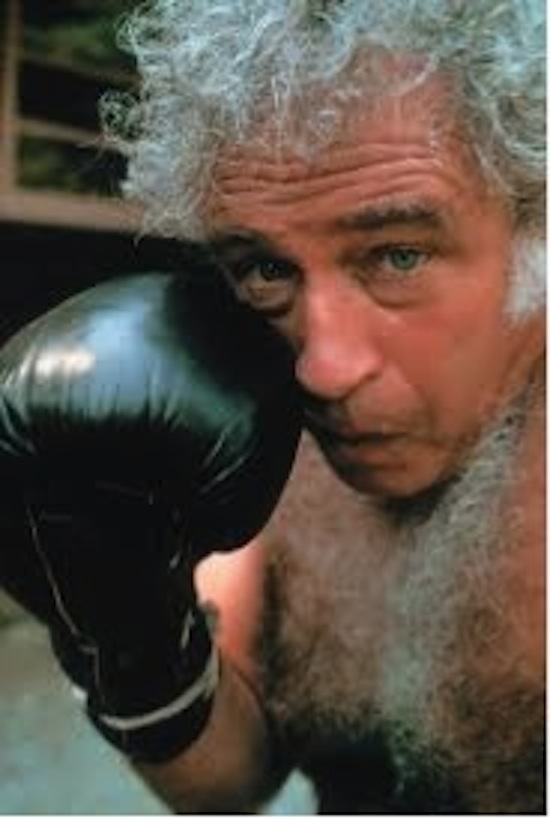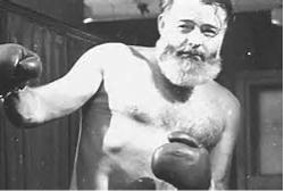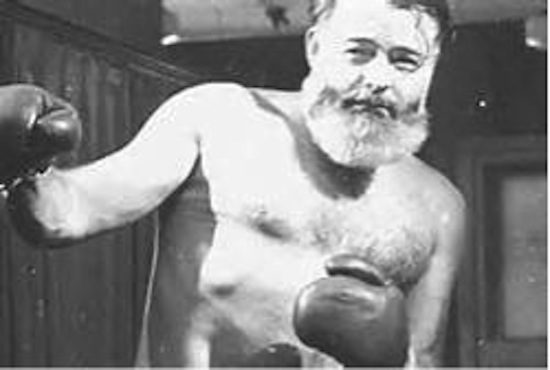 One puts down the first line…in trust that life and language are abundant enough to complete it.
One puts down the first line…in trust that life and language are abundant enough to complete it.
Wendell Berry
To fully connect with the skin you live in now, you may want to blindfold yourself and touch your elbows, your heels, your hips, your face. Taking the visual element out of the equation often helps us feel things with more openness and clarity. Write about what your fingertips discover[i]
Brenda Ueland, in her book If You Want to Write, says “You must feel when you write…You must disentangle all thoughts. You must disconnect all shackles, weights, obligations, all duties….”[ii]
Stretch your body, then get comfortable in a sitting position. Notice what is going on within you.
Beginning with the time you were a toddler, then growing older—whichever years you wish to explore, try to recall/express the embodied experience of being these various ages. What did it feel like to live inside your skin at these different ages?[iii]
If you get stuck, consider the following:
- What did your hands feel like at five? At thirty? At fifty?
- How have your knees changed?
- Your feet?
- Your hair?
- What shifts have taken place on your face? What has stayed the same?
- What name would you give each decade? What image or metaphor would you use to talk about your body?
With each passing decade, describe your body’s internal wear and tear. How has it weathered the ride?
“It takes courage to grow
up and turn out to be
who you really are.”
–e.e. Cummings
Eugene Gendlin, philosopher and psychologist, writes: “A felt sense is the body’s sense of a particular….situation…It is a body-sense of meaning.”[iv] The next series of questions will ask you to dwell in life experiences that gave you a felt sense of meaning.
What were some of your epiphanies about your body? Who were wise people in your life when you had questions or needed guidance on body issues? What did they reveal to you? How did this influence your life?
When we bring awareness to our bodies, we bring new life, our own life, into our writing[v] Pay attention to the position your body is in right now. Where are your hands? How does your scalp feel right now? Your belly? How is your body responding to reading my words—do you feel any hesitation bunched in your shoulders, maybe some anticipation sizzling in your chest? Do you want to sigh?
To occupy your body is to occupy your life. The body is everything in a way.
Jacob Needleman
Reflect on your present physical condition. Think about the way you walk, your posture and how you hold yourself erect, the soft hiss of your breath as it flows in and out, the sound of your voice, the shape of your hands. Allow yourself to accept your body, your beauty, your identity, at this age, in this moment, realistically and compassionately.
Everybody has a part of her body that she doesn’t like, but I’ve stopped complaining about mine because I don’t want to critique nature’s handiwork…My job is simply to allow the light to shine out of the masterpiece.
Alfre Woodard
Your body is remarkable and the foundation of your greatness.
The Bodies of Grownups
Janet Morley
The bodies of grownups
come with stretchmarks and scars,
faces that have been lived in,
relaxed breast and bellies
backs that give trouble,
and well-worn feet:
flesh that is particular,
and obviously mortal.
They also come
with bruises they can’t forget,
and each of them
a company of lovers in their soul
who will not return
and cannot be erased.
And yet I think there is a flood of beauty
Beyond the smoothness of youth;
and my heart aches for that grace of longing
that flows through our bodies
no longer straining to be innocent
by yearning for redemption
In pondering about your grownup body, think about your favorite feature(s). What part of your body do you absolutely love? Your belly button? Your ankles? The little crease beneath your bottom lip? Write an ode that celebrates the part of your body you appreciate most. Be elaborate with your praise!
Jessica Lovejoy, body positive advocate and writer, encourages you to thank your body each day. Thank your strong, powerful legs for the many miles they have carried you since you learned how to use them. Thank those arms as strong as tree boughs that have carried, hugged, held and loved. Thank those shoulders who have held the weight of the world. Thank your eyes for all they have seen over the years, the good and the bad, and everything that has come your way.[vi] How is your body aging?
Each individual’s body demands to be accepted on its own terms.
Gloria Steinem
Now that you’ve sung praises to your favorite feature, write a love poem or a letter to your entire body. Every inch of our bodies deserves our love.
To love yourself as you are is a miracle, and to seek yourself is to have found yourself, for now. And now is all we have, and love is who we are.
Anne Lamott
[i] Brandeis, G. (2002). Fruitflesh: Seeds of inspiration for women who write p. 44.
[ii] Uland, B. (1987). If You Want to Write. St. Paul: Graywolf Press.
[iii] Brandeis, G. (2002). Fruitflesh: Seeds of inspiration for women who write.p. 43.
[iv] Gendlin, E. (1981). Focusing. New York: Bantam. pp. 32, 33.
[v] Brandeis, G. (2002) Fruitflesh: Seeds of inspiration for women who write.p. 7.
[vi] Lovejoy J. (2014). Thank your body. Retrieved January 20, 2014 from http://www.huffingtonpost.com/jessica-lovejoy/thank-your-body_b_4555085.html
Debbie spent 30 years as a registered nurse. She became a certified applied poetry facilitator and journal-writing instructor in 2007. She is currently a student in the Johns Hopkins Science-Medical Writing program. Her publications have appeared in Journal of Poetry Therapy, Studies in Writing: Research on Writing Approaches in Mental Health, Women on Poetry: Tips on Writing, Teaching and Publishing by Successful Women, Statement CLAS Journal, The Journal of the Colorado Language Arts Society, and Red Earth Review.





